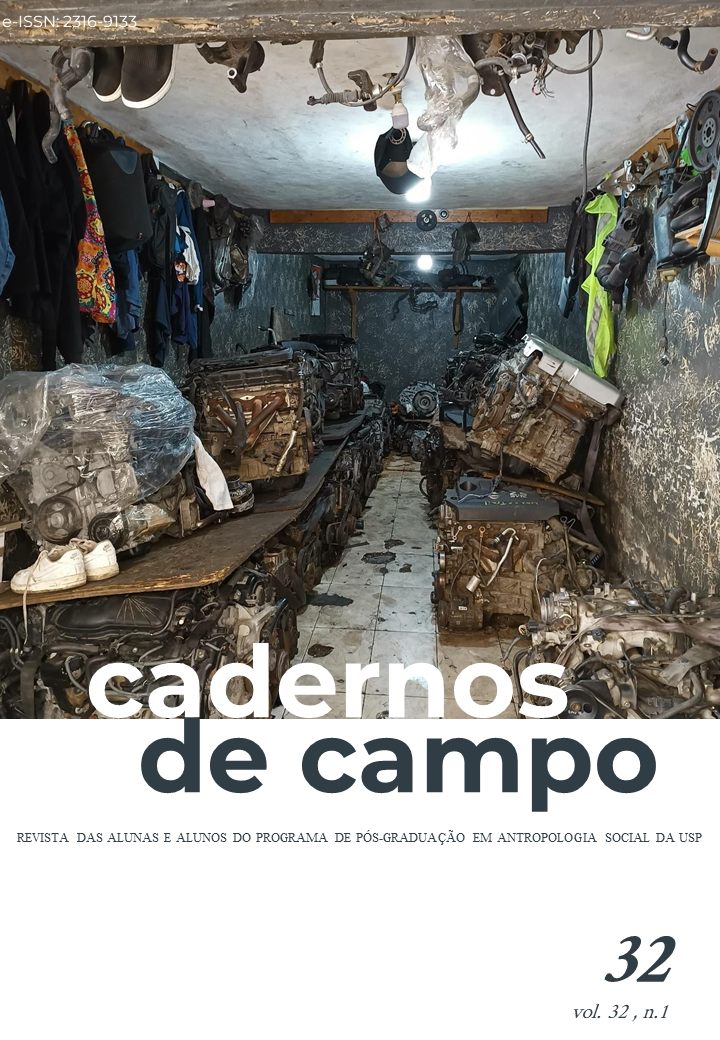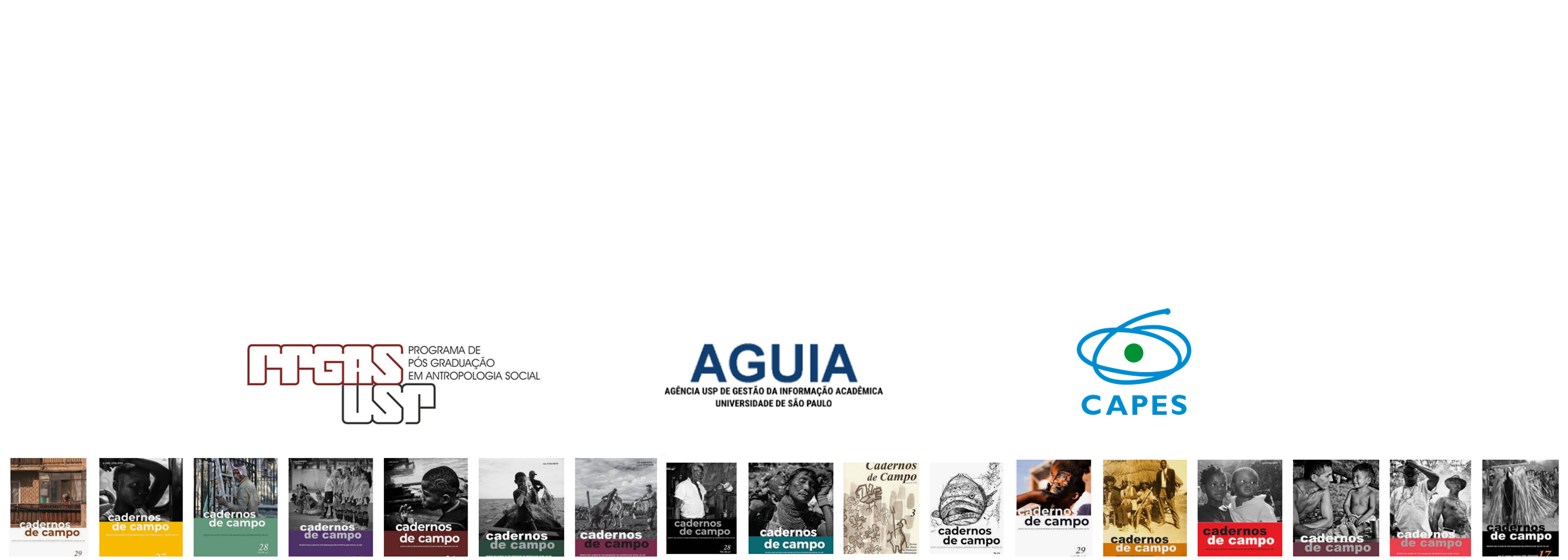A lógica da mídia e as condições midiatizadas de interação social
DOI:
https://doi.org/10.11606/issn.2316-9133.v32i1pe209521Palavras-chave:
mídia, midiatização, lógica da mídia, interação, instituiçãoResumo
O artigo lança luz teórica sobre como e por que a mídia exerce influência em outras áreas da cultura e da sociedade – e é influenciada por elas. Adotando uma ampla visão da mídia e discutindo como suas várias lógicas são parte do processo de midiatização e contribuem para a interação social, o trabalho mostra como o aumento da presença da mídia tem implicações mais amplas para as maneiras como as grandes instituições sociais e contextos menores da sociedade civil funcionam. Isto significa que as várias mídias não apenas mudam a comunicação, mas também mudam as relações entre pessoas e organizações e passam a condicionar as maneiras como as pessoas geralmente se comunicam e interagem umas com as outras em diferentes contextos.
Downloads
Referências
AELST, Peter Van; THESEN, Gunnar; WALGRAVE, Stefaan; VLIEGENTHART, Rens. 2014. Mediatization and political agenda-setting: Changing issue priorities? In Mediatization of politics. Understanding the transformation of western democracies editado por Frank ES-SER e Jesper STRÖMBÄCK, pp. 200–220. Palgrave Macmillan.
ALTHEIDE, David; SNOW, Robert. 1979. Media logic. Beverly Hills: Sage.
BOUDON, Raymond. 1991. Review: What middle range theories are. Contemporary Sociology, 20(4), 519–522.
CASTELLS, Manuel. 2001. The internet galaxy, reflections on the internet, business, and society. Oxford University Press.
CASTELLS, Manuel. 2011. A network theory of power. International Journal of Communication, 5, 773–787.
Dijck, José Van. 2013. The culture of connectivity. A critical history of social media. Oxford University Press.
Dijk, Jan. 2012. The network society. Sage.
DONGES, Patrick; JARREN, Otfried. 2014. Mediatization of political organizations: Chan-ging parties and interest groups? In Mediatization of politics. Understanding the transformation of western democracies editado por Frank ESSER e Jesper STRÖMBÄCK, pp. 181–199. Palgrave Macmillan.
ENTMAN, Robert. 1993. Framing: Toward clarification of a fractured paradigm. Journal of Communication, 43(4), 51–58.
ESSER, Frank. 2013. Mediatization as a challenge: Media logic versus political logic. In Democracy in the age of globalization and mediatization editado por Hanspeter KRIESI et al., pp. 155–176. Basingstoke: Palgrave Macmillan.
ESSER, Frank; STRÖMBÄCK, Jesper (Eds.). (2014). Mediatization of politics. Understanding the transformation of western democracies. Palgrave Macmillan.
FRANDSEN, Kirsten. 2014. Mediatization of sports. In K. Lundby (Ed.), Mediatization of communication. Handbooks of communication science (Vol. 21), pp. 199–226. De Gruyter Mouton.
GIDDENS, Anthony. 1984. The constitution of society. Outline of a theory of structuration. Polity Press.
HALL, Stuart. 1983. The problem of ideology—marxism without guarantees. In B. Matthews (Ed.), Marx: A hundred years on, pp. 57–84. Lawrence & Wishart.
HASEBRINK, Uwe; DOMEYER, Hanna. 2012. Media repertoires as patterns of behaviour and as meaningful practices: A multimethod approach to media use in converging media environments. Participations. Journal of Audience and Reception Studies, 9(2), 757–779.
HJARVARD, Stig. 2010. Die Mediendynamik der Mohammed-Karikaturen Krise. In A. Hepp, M. Höhn, & Wimmer, J. (Eds.), Medienkultur im Wandel, UVK Verlagsgesellschaft mbH (Schriftenreihe der Deutschen Gesellschaft für Publizistik- und Kommunikationswis-senschaft, 37), 169–180.
HJARVARD, Stig. 2013. The mediatization of culture and society. Routledge.
HJARVARD, Stig. 2014a. Mediatization and cultural and social change: An institutional perspective. In Mediatization of communication. Handbooks of communication science editado por Knut Lundby, (vol. 21), pp. 199–226. De Gruyter Mouton.
HJARVARD, Stig. 2014b. From mediation to mediatization: The institutionalization of new media. In Mediatized worlds: Culture and society in a media age editado por Andrea HEPP e Friedrich Krotz, pp. 123–142. Palgrave Macmillan.
HJARVARD, Stig. (Ed.). 2016. Medialisering. Mediernes rolle I social og kulturel forandring [Mediatization: The Role of Media in Social and Cultural Change]. Hans Reitzels Forlag.
HJARVARD, Stig; MORTENSEN, Mette; ESKJÆR, Mikkel Fugl. 2015. Three dynamics of mediatized conflicts. In The dynamics of mediatized conflicts editado por Mikkel ESKJÆR, Syig HJARVARD e Mette MORTENSEN, pp. 1–27. Peter Lang.
KAMMER, Aske. 2013. Audience participation in the production of online news. Towards a typology. Nordicom Review, 34 (Special Issue), 113–126.
KLINGER, Ulrike; SVENSSON, Jakob. 2014. The emergence of network media logic in political communication: A theoretical approach. New Media & Society, 17(8), 1–17.
LASSWELL, Harold. 1948. The structure and function of communication in society. In The communication of ideas editado por Lyman BRYSON. Institute for Religious and Social Studies.
LING, Rich. 2012. Taken for grantedness: The embedding of mobile communication into society. MIT Press.
LUNDBY, Knut. 2009. Media logic: Looking for social interaction. In K. Lundby (Ed.), Mediatization: Concept, changes, consequences, pp. 101–119. Peter Lang.
LUNDBY, Knut. (Ed.) 2014. Mediatization of communication. Handbook of communication science (vol. 21). De Gruyter Mouton.
MERTON, Robert. 1968. Social theory and social structure. The Free Press.
MEYROWITZ, Joshua. 1993. Images of the media: Hidden ferment—and harmony—in the field. Journal of Communication, 43(3), 55–66.
RAINIE, Harrison; WELLMAN, Barry.2014. Networked. The new social operating system. MIT Press.
SIMMEL, George. 1971 [1920]. Sociability. In On individuality and social forms editado por Donald LEVINE, pp. 127–140. The University of Chicago Press.
STRÖMBÄCK, Jesper. 2008. Four phases of mediatization: An analysis of the mediatization of politics. International Journal of Press/Politics, 13(3), 228–246.
STRÖMBÄCK, Jesper.; ESSER, Frank. 2014. A paradigm in the making: Lessons for the future of mediatization research. In Mediatization of politics. Understanding the transformation of western democracies editado por Frank ESSER e Jesper STRÖMBÄCK, pp. 223–242. Palgrave Macmillan.
THOMPSON, John. 2000. Political scandal, power, and visibility in the media age. Polity Press.
THORNTON, Patricia H.; OCASIO, William; LOUNSBURY, Michael. 2012. The institutional logics perspective. A new approach to culture, structure, and process. Oxford University Press.
WEBSTER, James. 2014. The marketplace of attention. How audiences take shape in a digital age. MIT Press.
Downloads
Publicado
Edição
Seção
Licença
Copyright (c) 2023 Cadernos de Campo (São Paulo - 1991)

Este trabalho está licenciado sob uma licença Creative Commons Attribution-NonCommercial-ShareAlike 4.0 International License.
Autorizo a Cadernos de Campo - Revista dos Alunos de Pós-Graduação em Antropologia Social da Universidade de São Paulo (PPGAS-USP) a publicar o trabalho (Artigo, Ensaio, Resenha, Tradução, Entrevista, Arte ou Informe) de minha autoria/responsabilidade assim como me responsabilizo pelo uso das imagens, caso seja aceito para a publicação.
Eu concordo a presente declaração como expressão absoluta da verdade, também me responsabilizo integralmente, em meu nome e de eventuais co-autores, pelo material apresentado.
Atesto o ineditismo do trabalho enviado.





 eISSN: 2316-9133
eISSN: 2316-9133